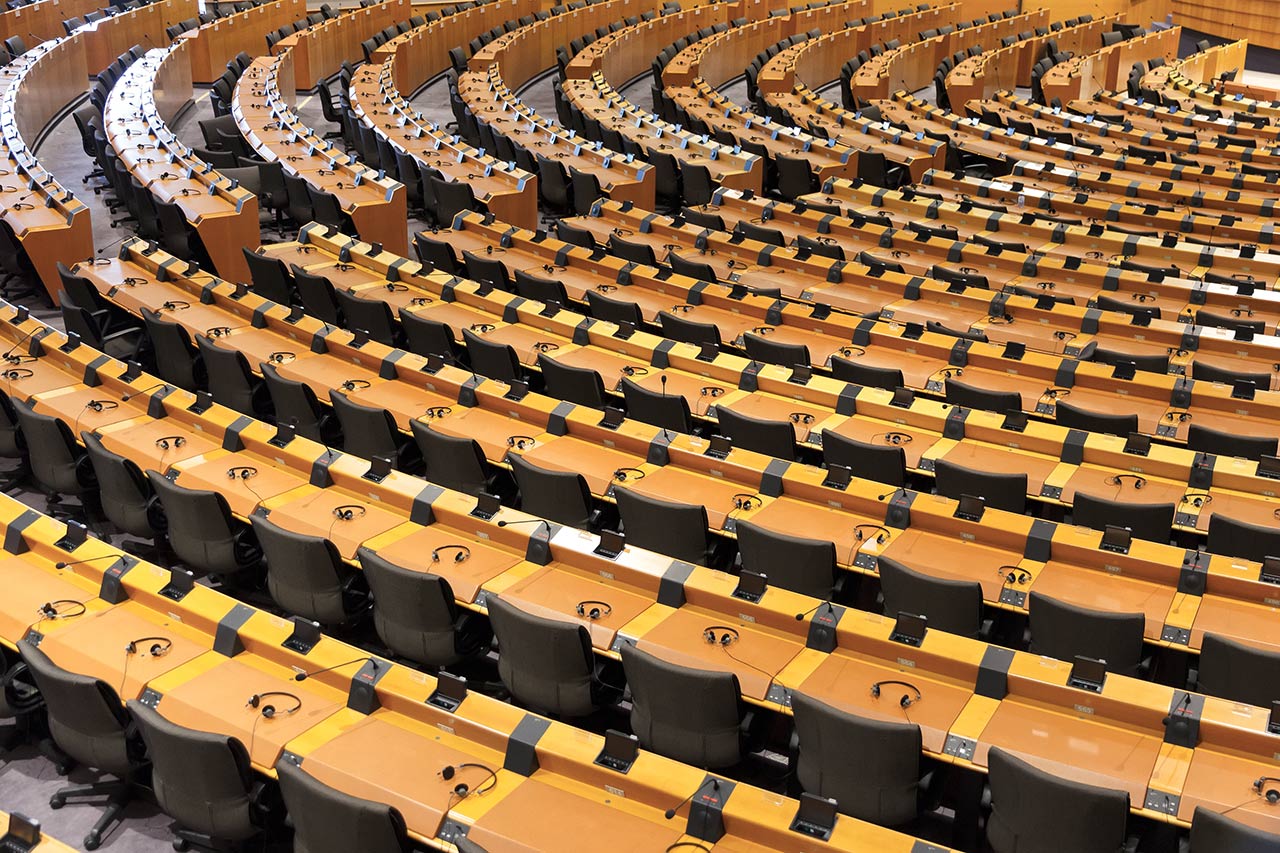The Second Wave of Rational Deterrence Theory
A short answer describing the second wave of rational deterrence theory
Question
What is the Second Wave of Rational Deterrence Theory?
Answer
Rational deterrence theory is the belief that states in possession of nuclear weapons will deter other states from attacking with their own nuclear weapons due to the inevitable aggressive response and the threat of mutually assured destruction.
The second wave of deterrence theory emerged during a shift in international priorities. This took a more scientific approach to deterrence and applied it to game theory in an attempt to decipher whether the risk of mutually assured destruction would be worth it for the possible gains of the attacker. During this wave the theoretical foundations of deterrence were identified and fleshed out, these are – commitment, communication, credibility, capability and resolve. Each one of these needing to be carefully considered before any action should be taken. During this the concept of deterrence by punishment was separated from the concept of deterrence by denial, suggesting that deterrence theory could make use of both threats of force as well as the loss of benefits to strengthen its position.
Traditionally during the Cold War the relationship between the United States and the USSR had been seen as very volatile and resembled much more the concept of deterrence by punishment. However, as the war progressed deterrence was viewed more as being used to preserve the international norm and could therefore be seen as a form of deterrence by denial.
